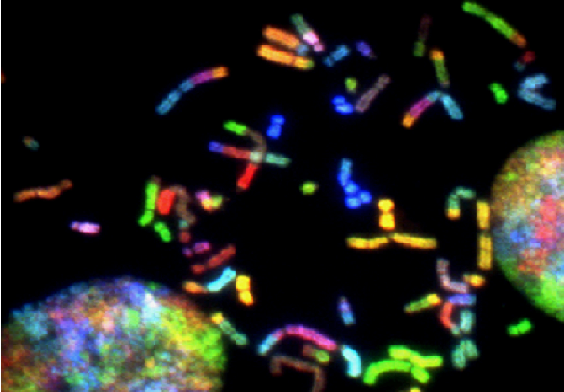April 13, 2021: Gilead Sciences, Inc. announced that the U.S. FDA has granted accelerated approval of Trodelvy® (sacituzumab govitecan-hziy) for use in adult patients with locally advanced or metastatic urothelial cancer (UC) who have previously received a platinum-containing chemotherapy and either a programmed death receptor-1 (PD-1) or a programmed death-ligand 1 (PD-L1) inhibitor.
The accelerated approval was based on data from the international Phase 2, single-arm TROPHY study.
Of the 112 patients who were evaluable for efficacy, 27.7% of those treated with Trodelvy responded to treatment, with 5.4% experiencing a complete response and 22.3% experiencing a partial response.
The median duration of response was 7.2 months (95% CI: 4.7-8.6). The Trodelvy U.S. Prescribing Information has a BOXED WARNING for severe or life-threatening neutropenia and severe diarrhea; see below for Important Safety Information.
The FDA’s accelerated approval mechanism enables drugs that treat serious diseases with unmet medical need to be approved based on a surrogate or intermediate clinical endpoint. Continued approval is contingent upon verification and description of clinical benefit in a confirmatory trial.
“Only a fraction of patients derives long-term benefit from previously approved cytotoxic therapy or immunotherapy, leaving a great unmet need for treatment options for patients with advanced urothelial cancer who have progressed on first- and second-line therapies,” said Scott T. Tagawa, MD, MS, FACP, Professor of Medicine and Urology at Weill Cornell Medicine, an oncologist at New York-Presbyterian/Weill Cornell Medical Center and principal investigator of the TROPHY study.
“The response rate and tolerability seen with sacituzumab govitecan-hziy may provide physicians an effective new treatment option for patients whose cancer continues to progress even after multiple therapies.”
UC is the most common type of bladder cancer and occurs when the urothelial cells that line the inside of the bladder and other parts of the urinary tract grow unusually or uncontrollably.
An estimated 83,000 Americans will be diagnosed with bladder cancer in 2021, and almost 90% of those diagnoses will be UC. The relative five-year survival rate for patients with metastatic UC is 5.5%.
“Cases of urothelial cancer continue to rise in the U.S., yet prognosis remains the same for the vast majority of patients,” said Andrea Maddox-Smith, CEO of the Bladder Cancer Advocacy Network (BCAN).
“Bladder cancer patients need as many treatment options as possible, and we are pleased that Trodelvy can be a potentially viable treatment for them.”
Trodelvy’s safety profile in the TROPHY study is consistent with previous observations in metastatic UC and other tumor types.
Among all evaluable treated metastatic UC patients (n=113), the most common (≥25%) adverse reactions were diarrhea (72%), anemia (71%), fatigue (68%), neutropenia (67%), nausea (66%), alopecia (49%), decreased appetite (41%), constipation (34%), vomiting (34%) and abdominal pain (31%).
Adverse reactions leading to treatment discontinuation occurred in 10% of those receiving Trodelvy, with 4% discontinuing treatment due to neutropenia.
“Today’s accelerated approval is thanks to the patients and healthcare professionals involved in the TROPHY study, and we appreciate their partnership,” said Merdad Parsey, MD, PhD, Chief Medical Officer, Gilead Sciences.
“This achievement, coupled with last week’s full FDA approval in unresectable locally advanced or metastatic triple-negative breast cancer, underscores our commitment toward rapidly delivering Trodelvy to patients facing some of the most difficult-to-treat cancers.”
https://www.gilead.com/news-and-press/press-room/press-releases/2021/4/us-fda-grants-accelerated-approval-to-trodelvy-for-the-treatment-of-metastatic-urothelial-cancer


